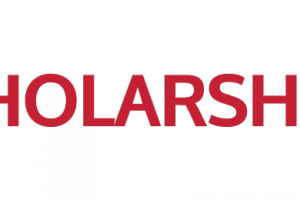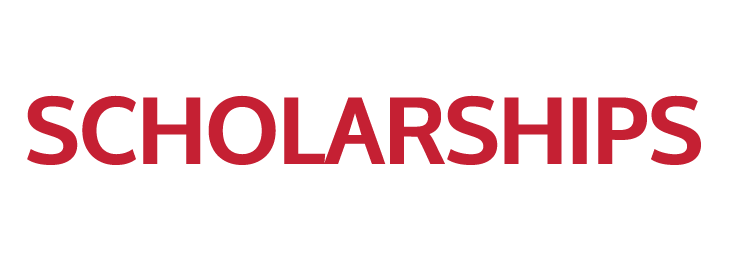Ph.D Concurrent Multidisciplinary Methodologies for Analysis and Synthesis of Nanosatellites Kiruna

PH.D. STUDENT POSITION 1 Concurrent
Multidisciplinary Methodologies for Analysis
and Synthesis of Nanosatellites
Kiruna
Ref: 2590-14
The Division of Space Technology is based at the Space Campus in Kiruna, the space capital of Sweden. The town is located on the 67th parallel north, about 150 km above the Polar Circle, which enables a set of unique conditions for space-related research and industry. It is home to an array of space activities, including the Swedish Institute of Space Physics (IRF) and the Esrange Space Center, along with a consortium of multinational companies. Several of ESA’s antennas are also located in Kiruna, providing facilities for tracking, telemetry and radiometric measurements. Kiruna is a popular tourist attraction for its icehotel, midnight sun and northern lights. It also hosts the world’s largest underground iron ore mine.
The current research in the Division of Space Technology is in remote sensing, atmospheric physics and instrument development, and is of a very high international standard. LTU is now expanding the research in the space technology field with a new group in Onboard Space Systems. The scientific leader for the group is Prof. Reza Emami with a strong background in aerospace mechatronics and robotics. We currently seek one Ph.D. student to join his team.
SUBJECT DESCRIPTION
Onboard space systems includes systems for control, instrumentation and communication in the upper atmosphere and in space. Of particular importance are reliable, radiation resistant low-power electronic systems and miniaturization of these.
DUTIES
The research aims at the establishment of a concurrent framework for system modeling, detailed design and hardware-in-the-loop evaluation of nanosatellites. The fundamental inquiry is whether the synergy resulting from integrating different disciplines in concurrent synthesis and analysis can lead to a better solution unattainable by the conventional decoupled and loosely-coupled approaches.
The Ph.D. candidate will be conducting a series of research tasks, including:
- Theoretical and hands-on familiarization with different modules and payloads of nanosatellites.
- Thorough literature survey of the state-of-the-art research and development on nanosatellite design, mechatronics and MDO methodologies, and multidisciplinary system modeling techniques.
- Development of a complete simulation of nanosatellite systems using analytical and physical modeling tools and CAD software applications.
- Development of a hardware-in-the-loop simulation platform for ground testing various modules of a nanosatellite in real-time operation.
- Close examination of various multidisciplinary system modeling techniques, such as bond graphs and dynamic system dimensional analysis, for their viability and relevance to nanosatellite systems.
- Close examination of the application of mechatronics approaches and multidisciplinary design optimization techniques to the detailed design of nanosatellites.
- Development of a unified framework for nanosatellite concurrent system engineering.
- Evaluation of the framework through hardware-in-the-loop simulations.
- Dissemination of the generated knowledge to relevant scientific forums and established journals.
The Ph.D. study is for 4 years, full-time. Administration and/or lecturing 20 % may be added.
QUALIFICATIONS
We seek a candidate with an excellent academic standing for both master’s and bachelor’s degrees within a natural science or a technological subject. Strong written and oral communication skills in English are required. Also, evidence of proficiency in scientific writing and expertise in MATLAB/Simulink and CAD software applications are required. Hands-on experience in multidisciplinary systems engineering is meriting.
Specific qualifications for this position is a Master’s thesis in the field of space systems engineering, familiarity with satellite systems design and development, and hands-on knowledge of sensors and smart actuators.
An individual fulfills the general eligibility requirements for the third-cycle educational programme when he or she 1) has completed a second-cycle degree, 2) has completed higher education courses worth at least 240 credits, of which at least 60 are for second-cycle courses, or 3) in some other manner, in this country or abroad, has acquired the equivalent qualifications.
Read more; General curricula for the Board of the faculty of science and technology
INFORMATION
For further information, please contact:
- Prof./chair Reza Emami, Reza.Emami[a]ltu.se or
- Head of department Jonas Ekman, +46 920 492828, Jonas.Ekman[at]ltu.se
Union representatives:
SACO-S Daina Dagis, 0920-49 3880 daina.dagis@ltu.se
OFR-S Lars Frisk, 0920-49 1792 lars.frisk@ltu.se
Luleå University of Technology is actively working on equality and diversity that contributes to a creative study- and work environment. The University’s core values are based on respect, trust, openness and responsibility.
In case of different interpretations of the English and Swedish versions of this announcement, the Swedish version takes precedence.
APPLICATION
We prefer that you apply for this position by clicking on the apply button below. The application should include a CV, motivation letter and copies of verified diplomas from high school and universities. Mark your application with the reference number below. Your application, including diplomas, must be written in English or Swedish.
Deadline for application: November 28, 2014
Reference number: 2590-14
URL to this page
http://www.ltu.se/ltu/Lediga-jobb?l=en&rmpage=job&rmjob=1344&rmlang=UK
